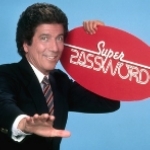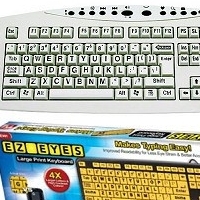
By Bob Rankin
Printer manufacturers make most of their profits off toner cartridges, just as safety razor vendors make most of their money from sales of replacement blades. So manufacturers go to great lengths to protect their monopoly on replacement toner cartridges. But that hasn’t stopped discount toner cartridge makers.
Recycling is the key to making affordable toner cartridges. Third-party remanufacturers take in empty toner cartridges (often paying consumers for them), clean them, replace worn parts, and refill them with dry toner. This recycling is good for the environment and excellent for your pocketbook; a recycled toner cartridge can cost as little as 20 per cent of a new OEM (original equipment manufacturer) cartridge’s street price.
OEMs have tried legal means to stop refurbishing of their empty toner cartridges. Lately, they’ve tried adding programmable microchips to toner cartridges and charging recyclers with unauthorized circumvention of copy-protection under the Digital Millennium Copyright Act. The chips are programmed to detect toner levels and tell the printer that a toner cartridge is “empty”. Then the printer will refuse to print from the “empty” cartridge. (Incidentally, it is not uncommon for such a chip to read “empty” when up to 15 per cent of the cartridge’s toner still remains.) Recyclers have to hack the chip to reset it to “full” when they refill a cartridge. That is the DMCA violation that OEMs have tried to claim; fortunately for consumers, it has not worked in many cases. But some toner cartridges are not available through recyclers for this reason.
BOB’S WORLD




